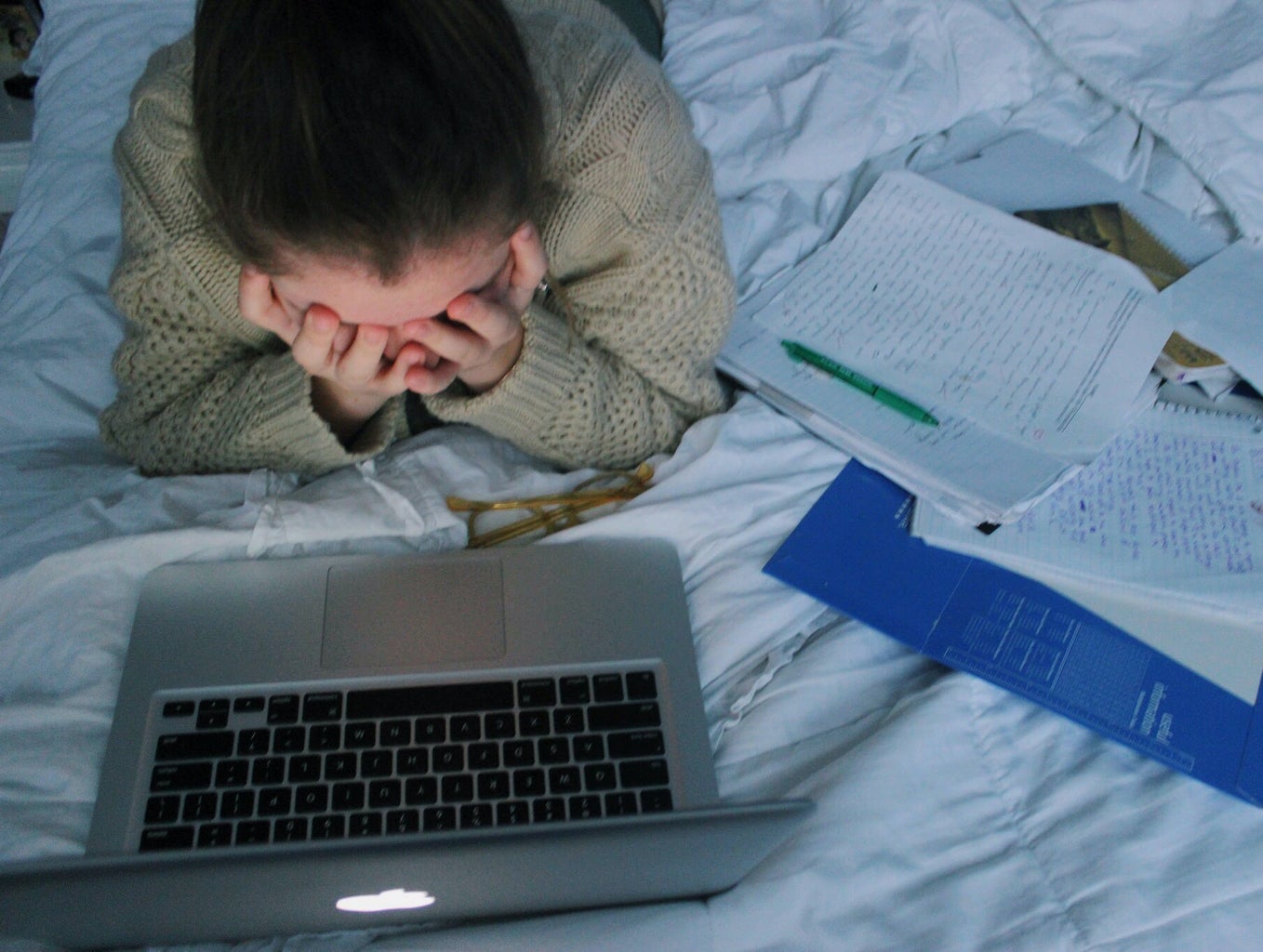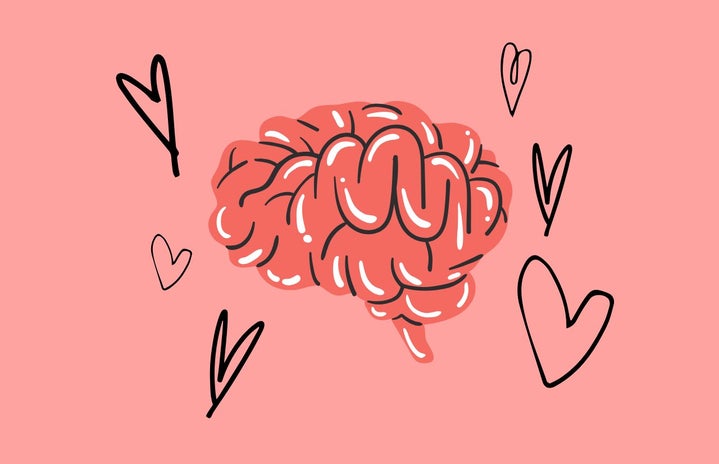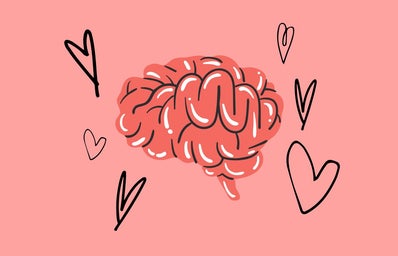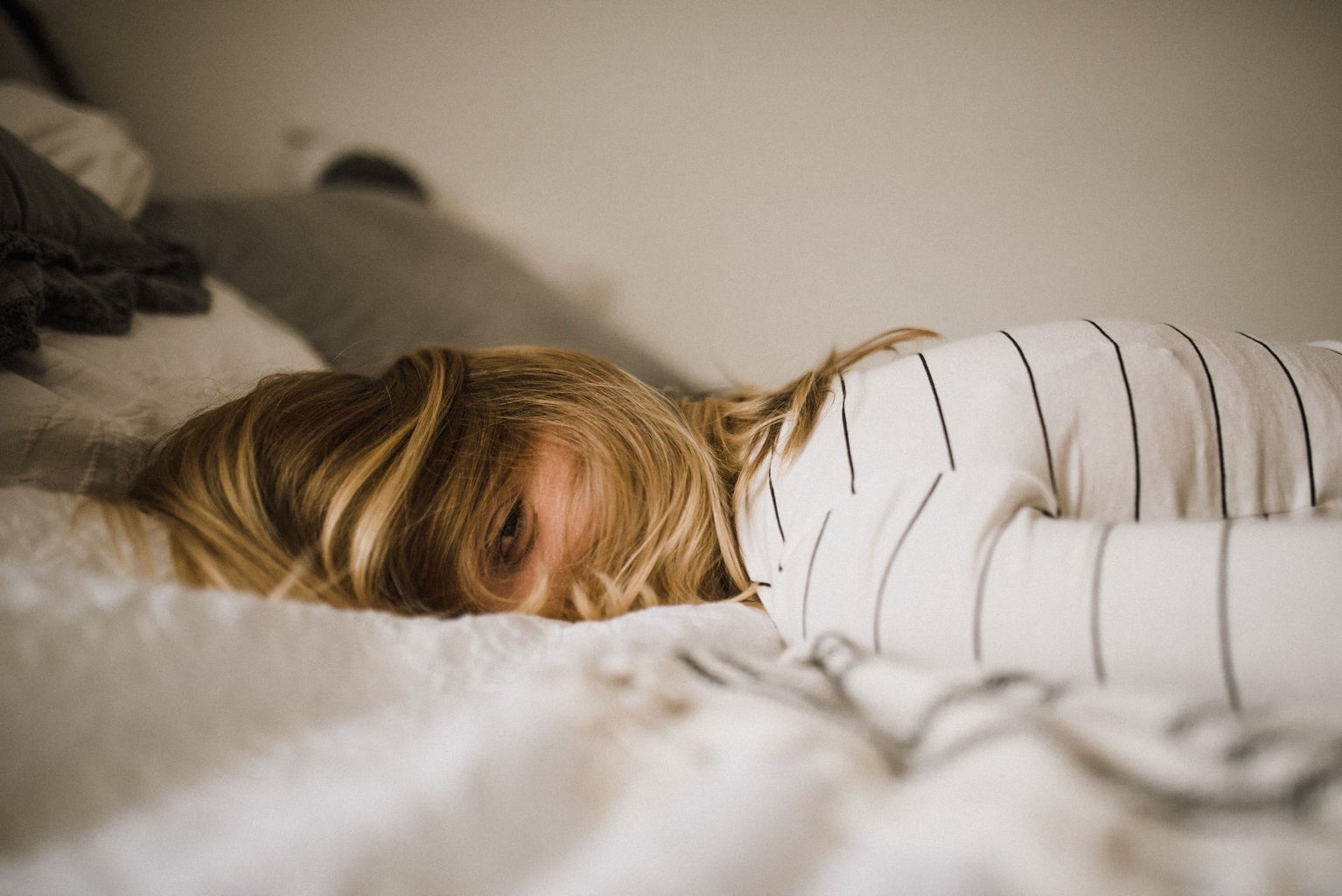Hustle culture is a term coined to best describe a way of living that is both infeasible and straight-up unhealthy.
Burnout is often conceptualized as repeated stress—in other terms, chronic stress. Meaning, it’s critical to proactively take note of the symptoms you or your friends could be experiencing to prevent the cycle of what feels like never-ending dread.
Burnout itself can take any shape or form and can affect your work, everyday life, and you guessed it, academics.
Signs of burnout include:
- Exhaustion
- Loss of interest or concentration on things you once loved
- Depression
- Stomach problems (usually chronic stress can lead to a weakened immune system, and thus, a weakened gut)
disconnect & reset
The first step to preventing or managing symptoms of burnout is to prioritize self-care, which includes setting time aside to do nothing. Yes, we’re talking to you—your Google Calendar can be bare some days!
But we know the feeling of guilt can set in when you choose to do nothing, even after a week of nonstop action. It can be challenging to turn off sometimes, especially in the world of perfectionism.
The guilt associated with taking time off to do absolutely nothing seems to be ridiculed on social media. Instead, you see trends like “That Girl”, which took off in April 2021, leading people to believe that to have a fulfilling life, you need to be “perfect” and busy at all costs. Now, we don’t know about you, but that sounds beyond exhausting.
So the minute you start to feel guilty, turn that thought off immediately! Instead, focus on what you can control, like disconnecting from social media, or talking your feelings through with a friend. You don’t need to be doing everything, all the time. Please know that your form of self-care doesn’t need to be “perfect” either. It can include going to bed an hour earlier, reducing your caffeine consumption, improving your nutrition, watching your favourite Netflix series, or simply going on a daily walk. You deserve it—not every day has to be a busy one.

If you’re seeking additional tools and resources to better prevent or manage burnout, we recommend booking a counselling session with U Ottawa or turning to meditation with a wellness app like Headspace.



